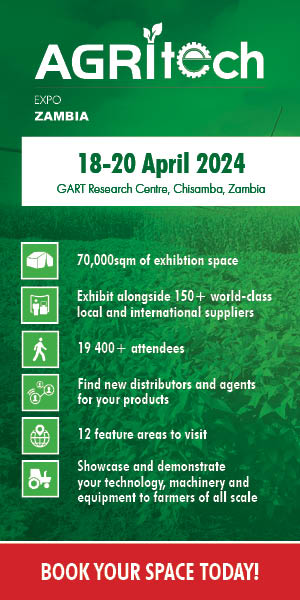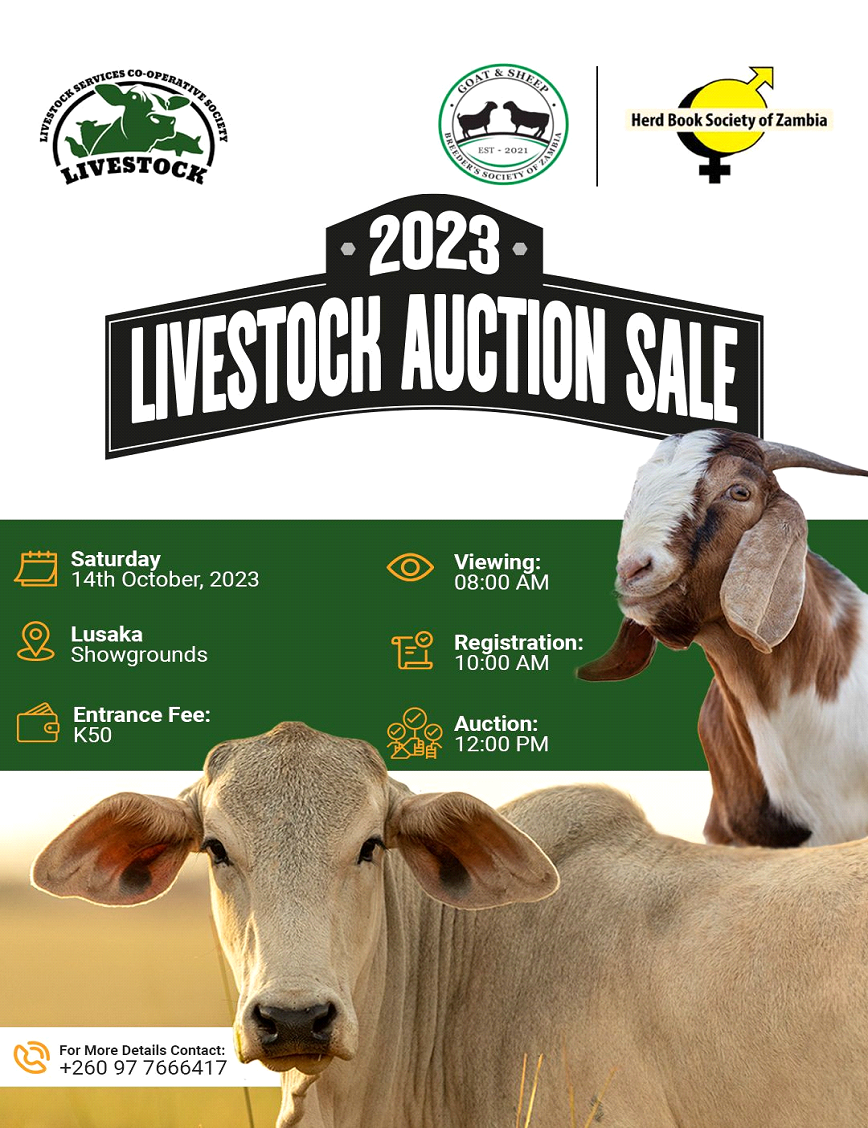UNZA ESTABLISHES ALFALFA OF LUCERNE FIELDS FOR EXPERIMENT

- Dominic Nali
- 25 Aug, 2024
ALFALFA,
also called lucerne, is a perennial flowering plant in the legume family
Fabaceae.
It is
cultivated as an important forage crop in many countries around the world. It
is used for grazing, hay, and silage. It can also serve as green manure and
cover crop.
Lucerne
grows in countries with warmer temperate climates and Zambia is among the
countries where the plant has not yet been grown.
In
light of the effects of climate change, lucerne or Alfalfa offers the needed option
to diversify forage resources to compensate for losses caused by droughts
during the summer forage gap.
To
ensure small scale farmers productivity, the University of Zambia in
collaboration with the International Centre for Biosaline Agriculture (ICBA) has
begun experiments on the Genotypes of the lucerne plant.
University
of Zambia Acting Dean in the School of Agriculture, Oswin Chibinga said that
the Alfalfa Diversity for Improved Forage and Livestock Production in
Developing Communities Project is set to improve livelihoods for small holder
farmers in the country.
Speaking
at the inaugural lucerne training workshop at Mika Hotel in Lusaka, Dr.
Chibinga said the milestone towards the diversification of forage will help
livestock farmers to improve their livelihoods.
“This
is an important milestone towards the efforts not only for improving the
livelihoods for smallholder farmers but also for growing a vital value chain
that will be sustainable for livestock production in the country,” Dr Chibinga
said.
Dr
Chibinga said the Alfalfa Diversity for Improved Forage and Livestock
Production in Developing Communities project is a typical example of regional
collaboration and synergetic efforts in combating the impact of climate change
in Africa.
The
Acting Dean emphasized the need for concerted efforts amongst the stake holders
to come up with workable and effective solutions that will ensure increased production
of lucerne at community, national, regional and global levels.
The
International Centre for Biosaline Agriculture (ICBA) Agronomist Professor
Nhamo Nhamo says lucerne which is also known as Alfalfa is cultivated as an
important forage crop in many countries globally.
“The
whole essence of the experiment is to support forages. We want to experiment
with the genotypes of the lucerne plant that were collected globally”, Professor
Nhamo said.
Professor
Nhamo said once a set of lucerne adapts to the local conditions, they will be
taken for certification and registration before being tried for cultivation amongst
the small scale farmers.
He
said that the International Centre for Biosaline Agriculture (ICBA) and the
University of Zambia are already working with farmers to experiment on various
agronomic practices that are important for lucerne.
“At
the moment the project is focusing on the evaluation of genotypes and capacity building
of National Agricultural Research Extension Services (NARES) partners who
includes private seed companies interested in forage legumes,” Professor Nhamo
said.
Lucerne or alfalfa is a popular
forage crop grown worldwide for animal feed. Its nutritional value can never be
overemphasized.
Lucerne has high protein
content and amino
acid profile that is good for milk production in dairy
cows and weight gain
in beef cattle.
University of Zambia
School of Agriculture lecturer Olipa Lungu, who is also coordinating the Alfalfa
Diversity for Improved Forage and Livestock Production in Developing
Communities project said the overall objective of the project is to improve the
livelihoods of the small scale farmers and develop profitable and robust Alfalfa
value chains.
Ms
Lungu said with the effects of climate change, it is necessary to promote the
production of lucerne or alfalfa in among the farmers in Zambia and beyond.
“Currently
with climate change, it means that we don’t have enough rains and water to glow
the other pastures and rainfall to sustain the grass production as it were in
the past,” Ms Lungu said.
She
said there is need to look at alternatives for climate resilient pastures that
animals can feed on and alfalfa is that legume to focus on.
Lucerne or alfalfa has
high palatability for all kinds of livestock because it is a means of nutritious
fodder that contains crude protein and fiber that can improve the overall
health of animals.
Therefore, to promote
this legume to small scale farmer, there is need for awareness creation meant
to promote it production in the country
Agriculture
Supervisor at the Department of Seed Control and Certification Institute (SCCI)
in the Ministry of Agriculture Emma Mukosha, said there is a need to overcome
the challenges regarding Alfalfa.
She
said most of the targeted farmers had no information on the availability of certified
Lucerne or Alfalfa seed, the benefits.
Ms
Mukosa said there is need for outreach programs meant to promote the legume
once it passes its adaptability tests at the University of Zambia.
ALFALFA is being
promoted through ALFALFA Diversity for Improved Forage and Livestock Production
in Developing Communities Project with financial support from CROPTRUST. -NAIS
Leave a Reply
Your email address will not be published. Required fields are marked *
sdsds
dsdsds
jones chiguta
As a retiree I would like to take up farming and these are the things i will require
bandur-art.blogspot.com
I have fun with, lead to I discovered just what I used to be takingg a look for. You've ended my 4 day lengthy hunt! God Bless you man. Have a great day. Bye https://bandur-art.blogspot.com/2024/08/the-ultimate-guide-to-no-mans-sky-mods.html
https://Lvivforum.pp.ua/
I just couldn't depart your website before suggesting that I extremely loved the usual inro a person supply to your visitors? Is gonna be again ceaselessly in order to check out new posts https://Lvivforum.pp.ua/



.jpg)









